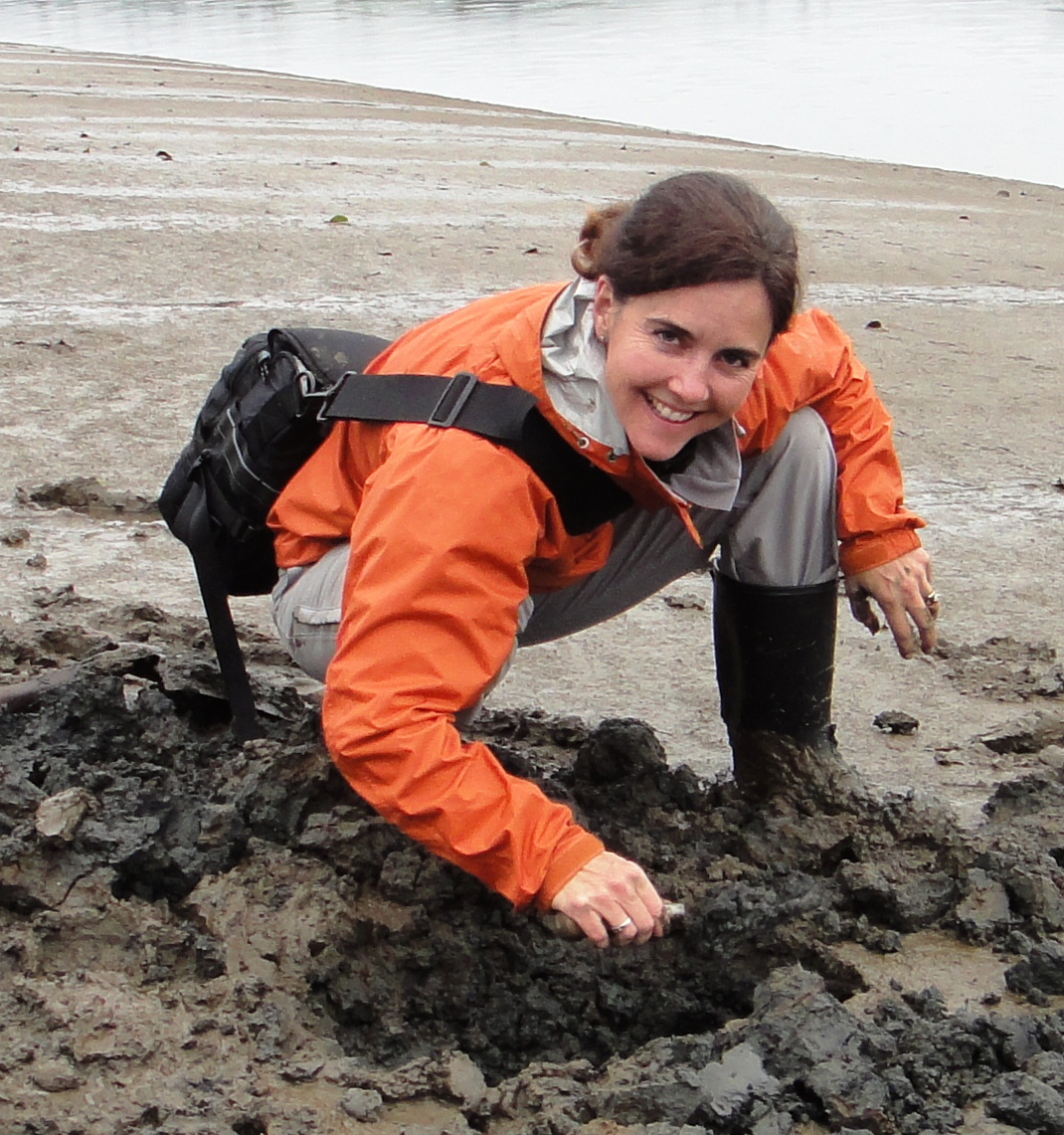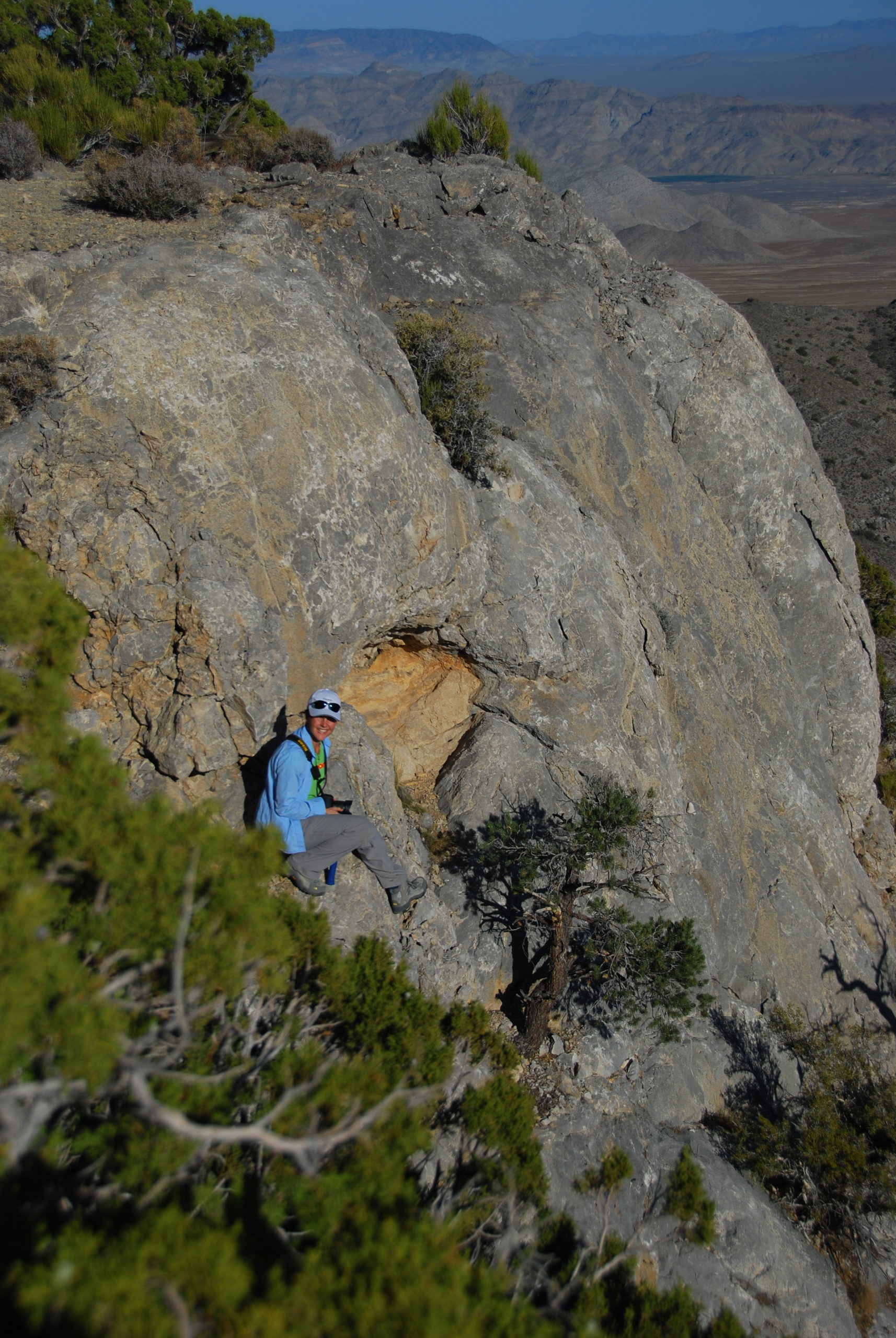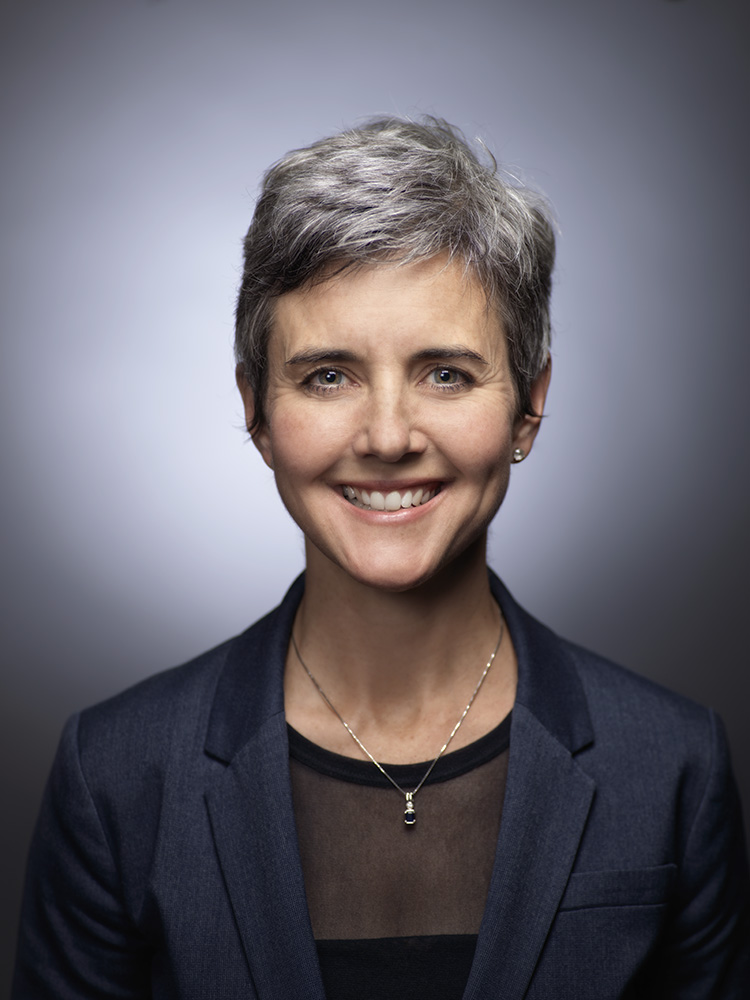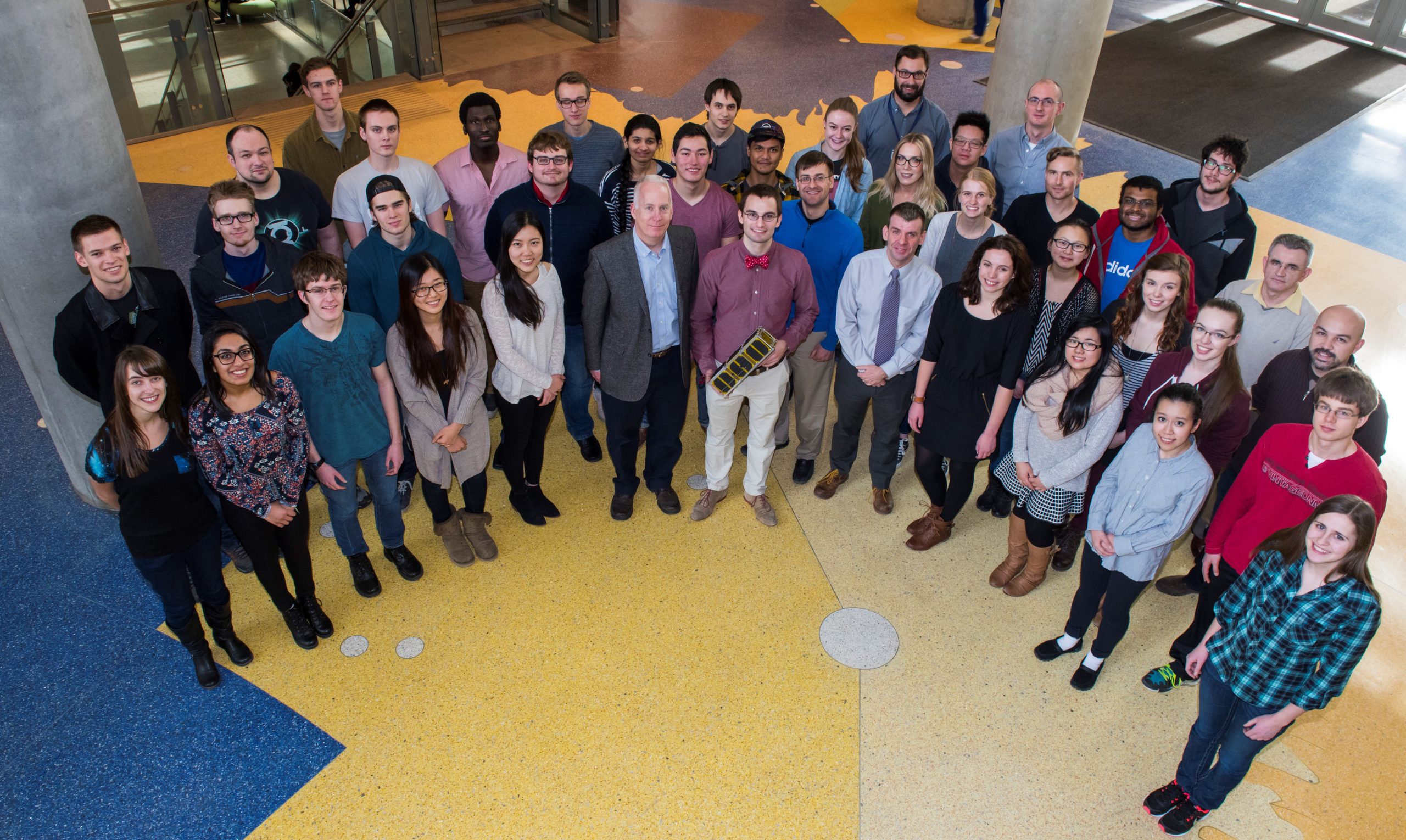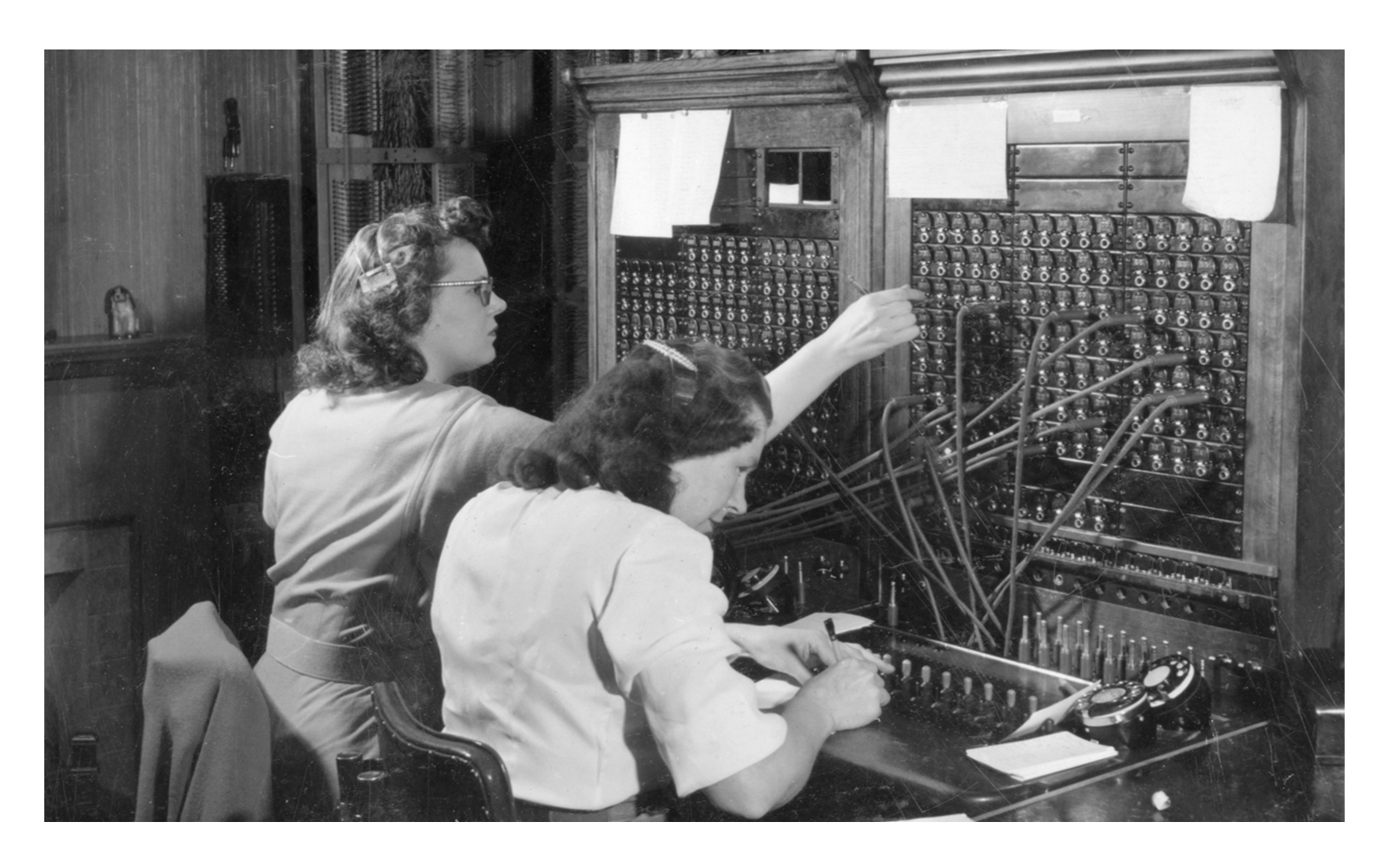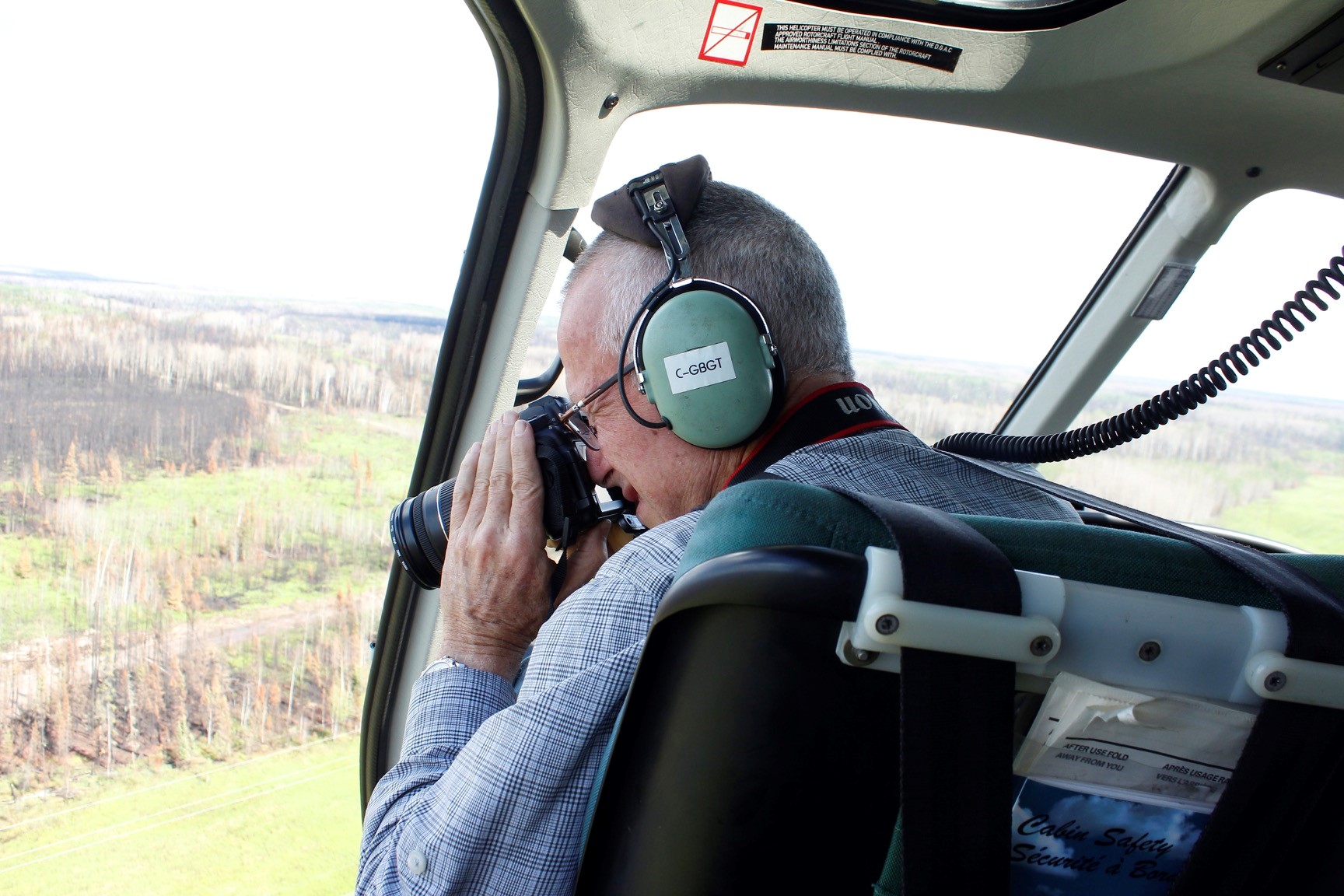Photo courtesy of Jen Russel-Houston, P.Geol.
Geology is Everything
She grew up in London, Ontario, and spent countless hours canoeing and camping in the iconic Group of Seven landscape of the Canadian Shield.
On a trip to Killarney Provincial Park, a naturalist took Jen Russel-Houston, P.Geol, PhD, under her wing “to explain the history of these rocks that I knew as a beautiful landscape.”
“All of a sudden, there was a deep history of ancient mountains and glacial landscapes. It was remarkable that she could tell that story just by looking at the rocks.”
Clearly, Dr. Russel-Houston feels a strong connection to the environment and geology. Her education, her career, and her outlook reflect exactly that.
She went on to study geology and biology at Queen’s University, earning a bachelor’s degree with honours. “Geology is everything—it’s chemistry, it’s physics, it’s biology. Geology fits with everything I loved.”
After obtaining her bachelor of education from the University of Ottawa and a doctorate in Earth sciences and paleontology from Dalhousie University, Russel-Houston took a position with Royal Dutch Shell in Calgary in 2001. She joined Osum Oil Sands Corporation in 2008, where she has served as vice-president, geoscience and land, since 2014.
A privately owned energy company, Osum produces bitumen in Alberta’s Cold Lake oil sands region using steam–assisted gravity drainage.
“I’m proud that, over the last two years, we’ve doubled our production while reducing greenhouse gas intensity,” says Russel-Houston. “Our process uses no fresh water—we use brackish water and recycled water from the formation.”
Russel-Houston served as associate editor of the Bulletin of Canadian Petroleum Geology for seven years. Now, she’s the 2020 president of the Canadian Society of Petroleum Geologists. Her work in industry and for her discipline have given her some perspective.
She sees the energy industry evolving rapidly, with two major changes to adapt to. “The first is that we have the advent of large resource plays like oil sands, tight light oil, and shale gas. The second is the reality of climate change and the low-carbon future we need to plan for.”
She continues: “Exploration and production companies are mostly just production companies now—there appears to be a low appetite for exploration risk. Geoscientists need to learn new skills to be part of this resource–play revolution. We are constantly looking for the small improvements to our processes to reduce emissions, improve efficiency, and reduce costs.”
Russel-Houston believes oil and gas production will be part of Alberta’s future for decades to come. “I know there are dedicated people who take great pride in doing this responsibly in Canada,” she states.
“There are also people developing new concepts to prepare us for a low–carbon future, like carbon sequestration, carbon–neutral enhanced–oil recovery production, geothermal energy, and lithium-enriched brines. These new technologies will have a dramatic effect on how we provide energy to the world.
“I’d like my fellow geoscientists to be inspired and excited about the world that’s coming. The world wants us to change, and we need to be ready to answer that call. There are new problems to solve, and geoscientists possess the skills to contribute to the solutions.”
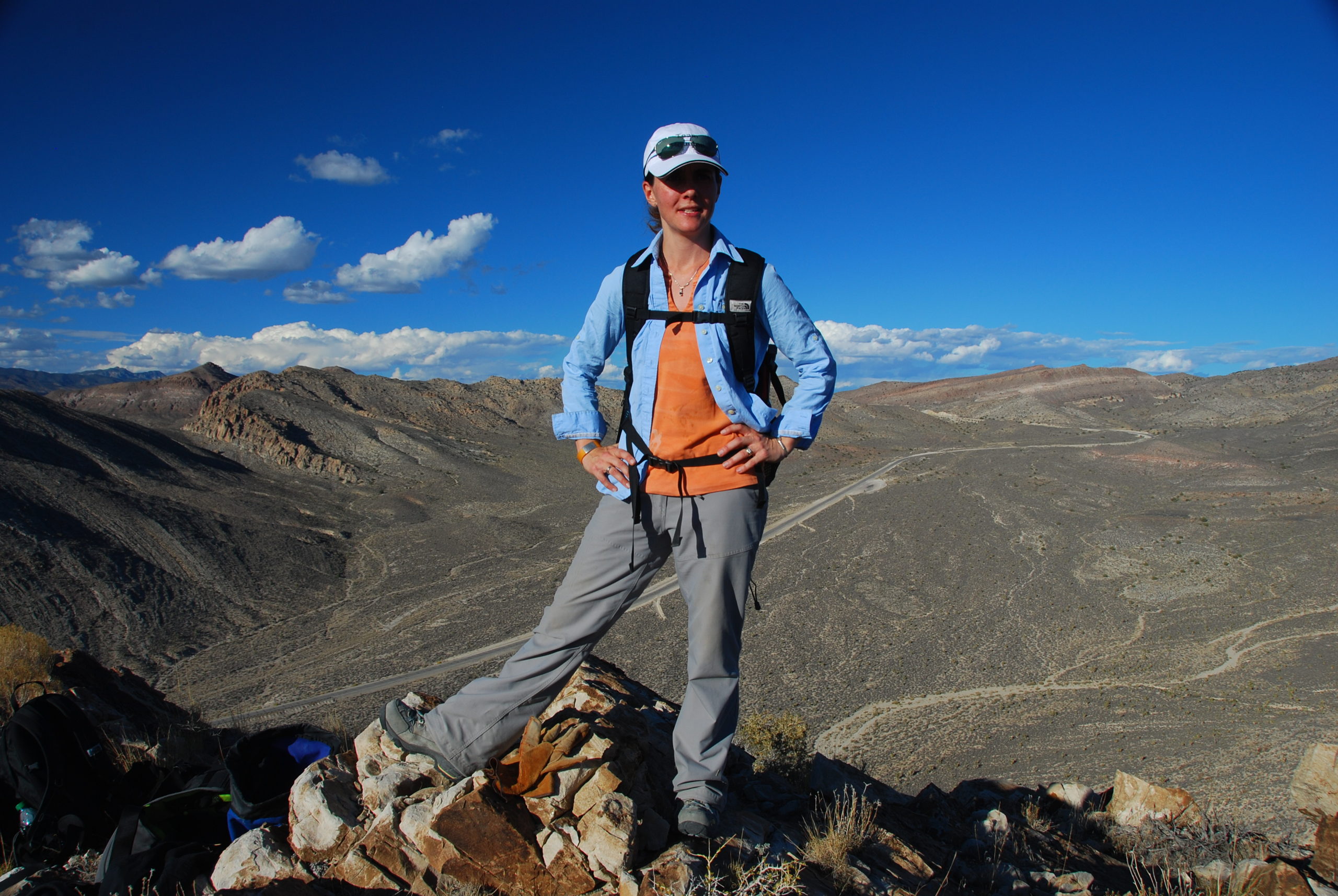
Photo courtesy of Jen Russel-Houston, P.Geol., PhD
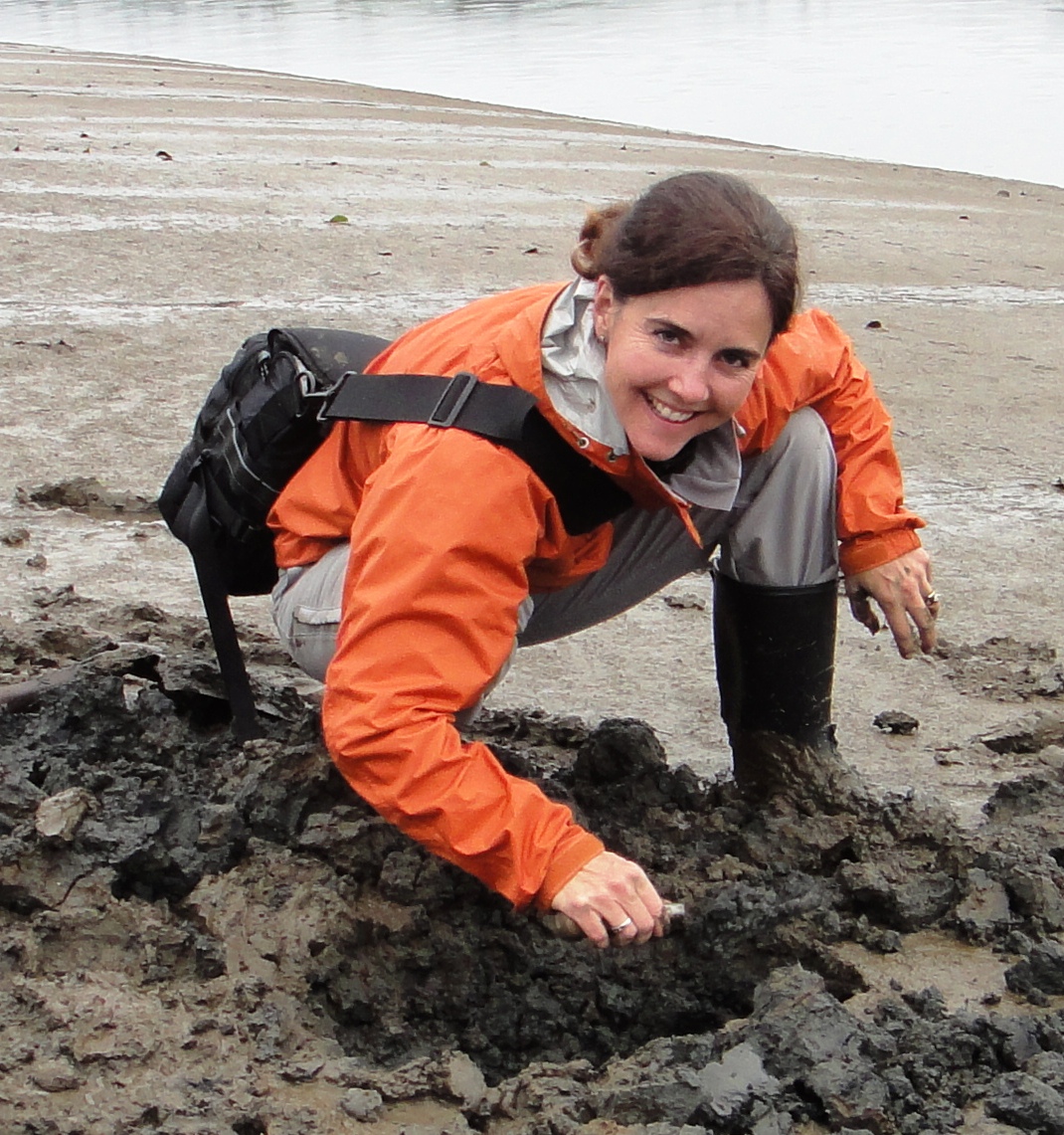
Photo courtesy of Jen Russel-Houston, P.Geol., PhD
